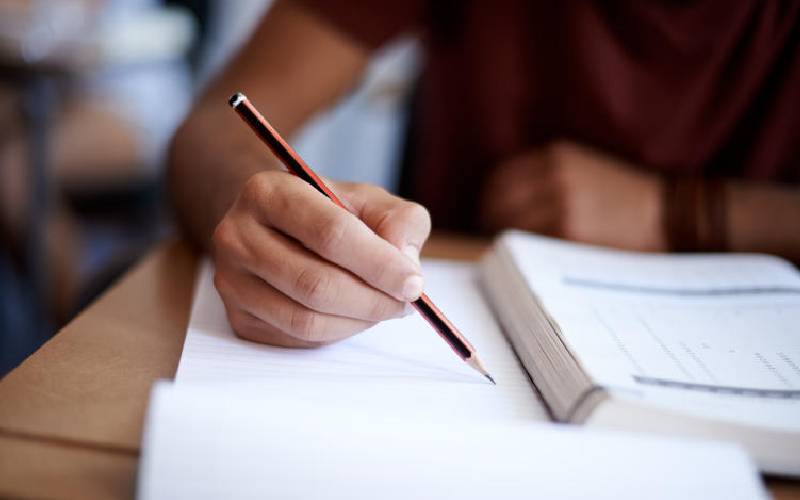×
The Standard e-Paper
Join Thousands Daily

Let your child compete against his or her abilities. [File, Standard]
The Kenya Certificate of Primary Education (KCPE) examination results are expected to be released this week. Parents, guardians and the candidates must be very anxious right now, as all eyes are on them. The pupils are under pressure from their parents or guardians to post impressive results.